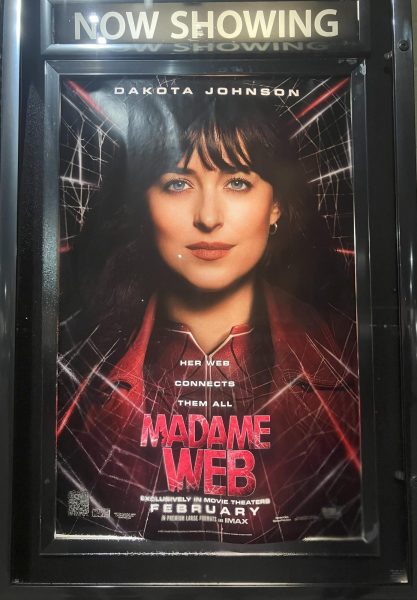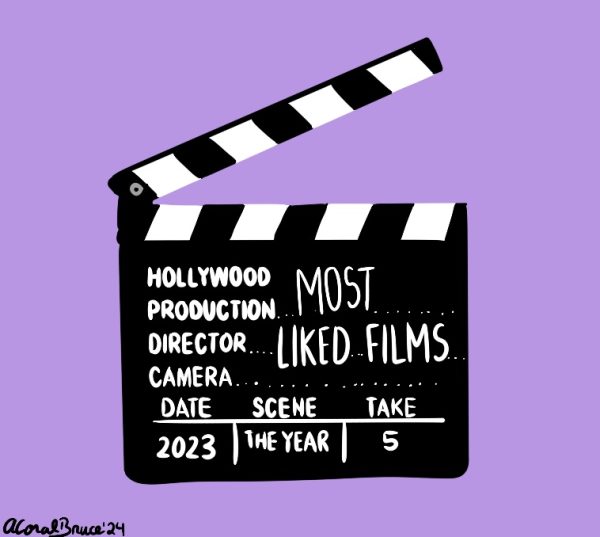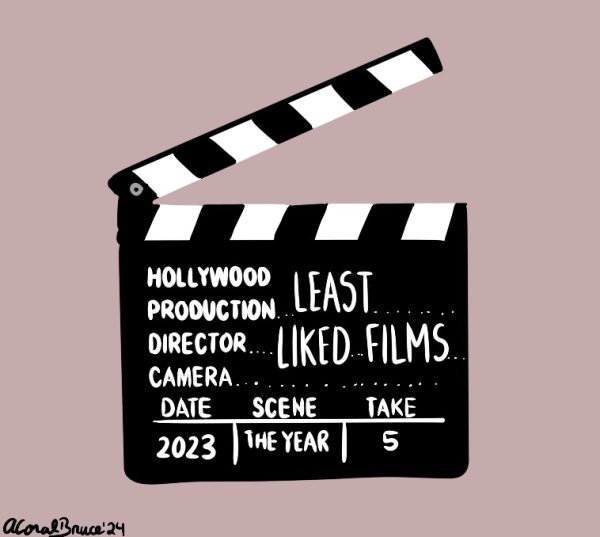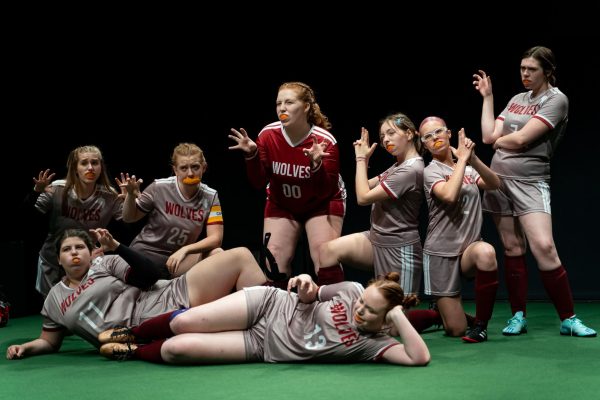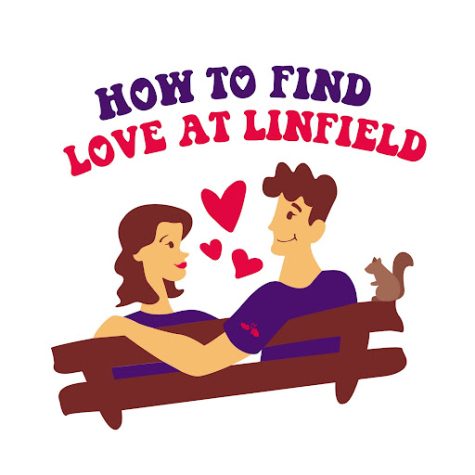Conversations about equality and speech
October 4, 2017
Last spring, our usually placid campus was rocked – like so many other campuses – by a series of debates about the relationship between equality and speech. The question at the heart of these debates is this: how do we balance our commitment to the free exchange of ideas with our commitment to the equal dignity of every member of our community?
Answering this question, we discovered, is no easy task. The difficulty is rooted in the fact that we are confronted with the challenge of drawing lines between two things most of us hold dear: a belief in free, robust, and vigorous debate and a belief that such debate can only take place if certain preconditions are met. For me, the most essential precondition is this: in order for free, robust, and vigorous debate to take place, the participants in the debate must respect one another’s dignity – that is, they must respect one another’s right to exist and one another’s right to participate fully in the conversation. If this precondition is not met, then whatever debates we have will be less than free, less than robust, and not very vigorous at all.
As we continue to grapple with how best to balance our commitments to free speech and equal dignity, there are a couple of roads we can take: one low and the other high. The “low road” features a parade of charlatans, clowns, and merchants of hate marching through campus, generating controversy, provoking overreaction on all sides, and leaving a mess behind for us to clean up, while they return from whence they came with precisely what they sought in the first place: a few more YouTube views, a few more clicks on their Patreon account, and a national news story that will fit the dominant script in our troubled political culture. The low road is tempting. As we peek down it, we can see the bright lights of controversy, the allure of soap-box preachers, and the promise of thrills down every alley.
The “high road” features conversations between intellectually serious people about ideas that matter. These conversations may lead to deep disagreement and they may even occasionally become heated, but they will be between people who respect the dignity of everyone participating and, ideally, everyone present will be open to the possibility of having their minds changed. As you peer down the high road, it might look kind of boring. There aren’t as many bright lights and in the place of the soap-box preachers you will see lots of benches where people are seated, speaking softly, and listening intently.
The high road is less sexy to be sure, but I encourage you take it. Why? For one thing, the low road is a dead end and there are no U-Turns allowed. Once you go down that road, you will find yourself mired in an atmosphere of anger, fear, and distrust. And as our PLACE theme reminds us: you are a “digital citizen” now. Your reputation is a precious thing and what happens in college, no longer stays in college.
For another thing, the high road turns out to have thrills to offer that are more meaningful and lasting than any of the cheap satisfaction you will find on the low road. This is because there is something absolutely magical about moments of intellectual enlightenment. Some of these moments will feature someone communicating something that deepens your preexisting commitments and in so doing they give you the gift of enhancing your ability to share those commitments with others. Other moments will feature something truly remarkable: someone will communicate something that will cause you to change your mind. This can be somewhat discomforting at first, but when you come out on the other side of rethinking a long-held belief, the world will be a much more interesting place: if I changed my mind about that, you will think to yourself, what else is possible?
The Frederick Douglass Forum on Law, Rights, and Justice here at Linfield hopes to contribute to our campus-wide attempt to take the high road as we grapple with difficult moral and political questions.
On Sept. 21, we hosted a persuasive speaking event in Riley 201 featuring speeches from several students in response to the question: how ought we, as members of the Linfield community, live together? After the audience listened to these stellar speeches over lunch (provided on a first come, first served basis), there was a wonderful discussion with those in attendance.
At 4:30 p.m. on Thursday, Oct. 12, in Ice Auditorium, we will be joined by Jonathan Rauch and Cheryl Harris for a “Conversation about Equality and Speech.” Rauch is a fellow at the Brooking Institution and an editor at The Atlantic. He is the author of Kindly Inquisitors: New Threats to Free Thought, which offers a stirring defense of a strongly libertarian position on free speech (on and off campus.) Harris is a Professor of Law at the University of California at Los Angeles. She is one of the world’s leading scholars in the field of Critical Race Theory. Her essay “Whiteness as Property” (which was published in The Harvard Law Review) is considered to be a seminal work in the field.
We invited Rauch and Harris because we know they are thoughtful commentators on questions about the relationship between equality and speech and we know they take different positions on many of these issues. We are framing the event as a “conversation” instead of a “debate” so that they can engage in a back and forth with each other that will allow us to see not only the crystallization of differences, but perhaps the discovery of areas of agreement. At the conclusion of the back and forth between these two scholars, there will be time for questions and comments from the audience and Rauch and Harris will join us for a reception in Jonasson Hall where we can continue the conversation.
I hope you will join us for the Oct. 12 event and I look forward to seeing you on the high road this year.

